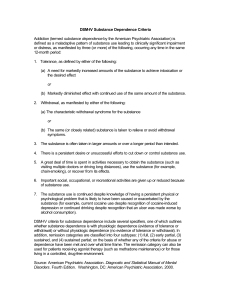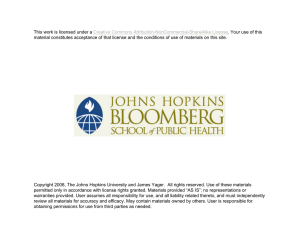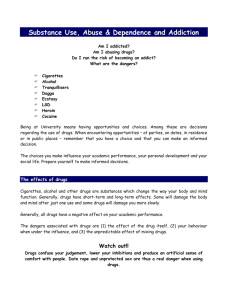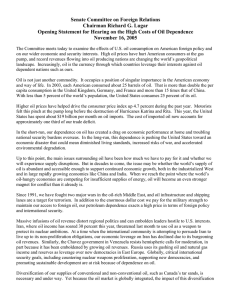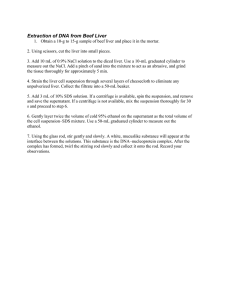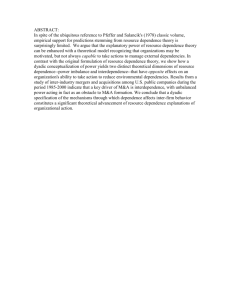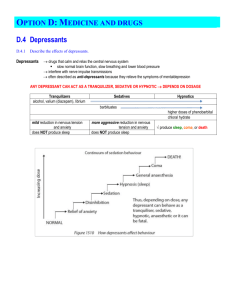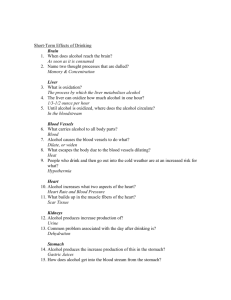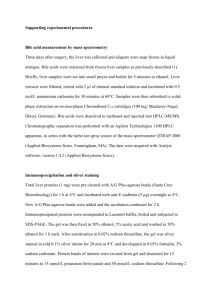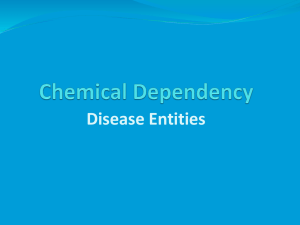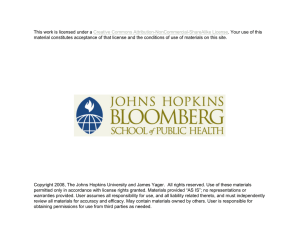- Flintbox
advertisement
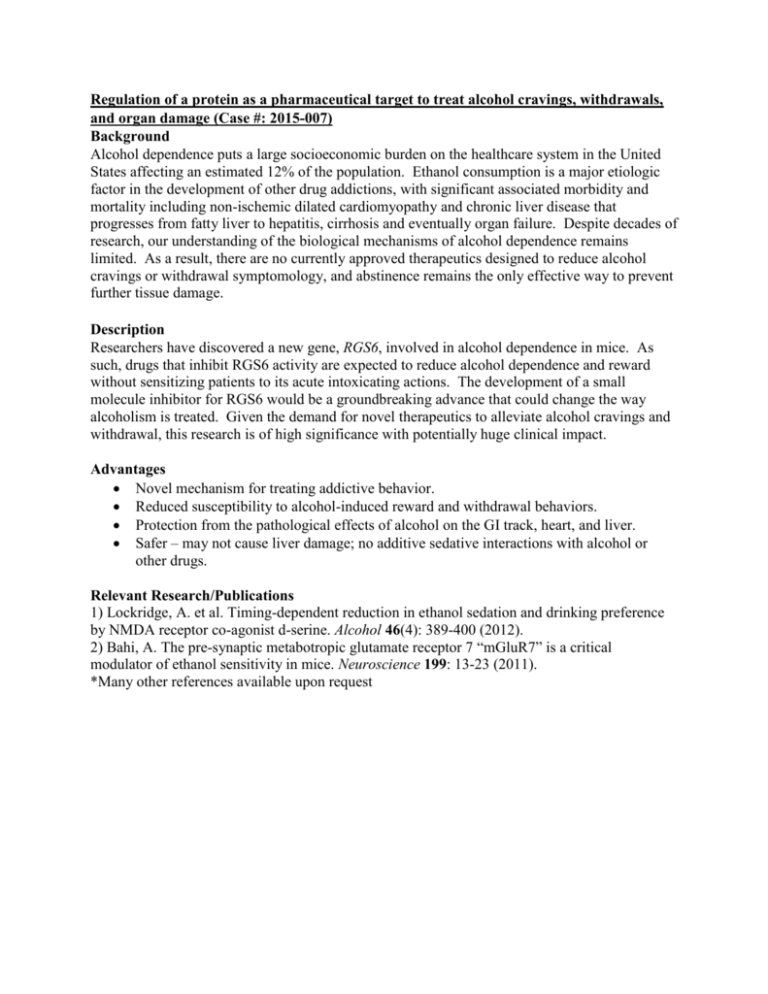
Regulation of a protein as a pharmaceutical target to treat alcohol cravings, withdrawals, and organ damage (Case #: 2015-007) Background Alcohol dependence puts a large socioeconomic burden on the healthcare system in the United States affecting an estimated 12% of the population. Ethanol consumption is a major etiologic factor in the development of other drug addictions, with significant associated morbidity and mortality including non-ischemic dilated cardiomyopathy and chronic liver disease that progresses from fatty liver to hepatitis, cirrhosis and eventually organ failure. Despite decades of research, our understanding of the biological mechanisms of alcohol dependence remains limited. As a result, there are no currently approved therapeutics designed to reduce alcohol cravings or withdrawal symptomology, and abstinence remains the only effective way to prevent further tissue damage. Description Researchers have discovered a new gene, RGS6, involved in alcohol dependence in mice. As such, drugs that inhibit RGS6 activity are expected to reduce alcohol dependence and reward without sensitizing patients to its acute intoxicating actions. The development of a small molecule inhibitor for RGS6 would be a groundbreaking advance that could change the way alcoholism is treated. Given the demand for novel therapeutics to alleviate alcohol cravings and withdrawal, this research is of high significance with potentially huge clinical impact. Advantages Novel mechanism for treating addictive behavior. Reduced susceptibility to alcohol-induced reward and withdrawal behaviors. Protection from the pathological effects of alcohol on the GI track, heart, and liver. Safer – may not cause liver damage; no additive sedative interactions with alcohol or other drugs. Relevant Research/Publications 1) Lockridge, A. et al. Timing-dependent reduction in ethanol sedation and drinking preference by NMDA receptor co-agonist d-serine. Alcohol 46(4): 389-400 (2012). 2) Bahi, A. The pre-synaptic metabotropic glutamate receptor 7 “mGluR7” is a critical modulator of ethanol sensitivity in mice. Neuroscience 199: 13-23 (2011). *Many other references available upon request

